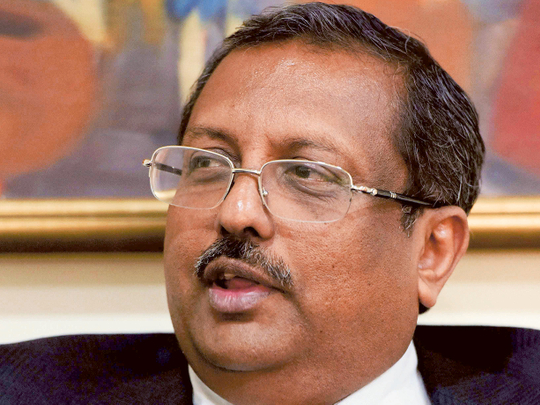
Abu Dhabi
Sixty-nine Indian prisoners will be released from an Abu Dhabi jail on the occasion of Ramadan. They are among 1,010 prisoners across the UAE who have been pardoned by President His Highness Shaikh Khalifa Bin Zayed Al Nahyan.
The Indian Embassy in Abu Dhabi was informed that the 69 Indians to be released are from Al Wathba prison, a top Indian diplomat told Gulf News on Tuesday.
“We have not received further details about them. We are also waiting for the information about other Indians who might be among the list of pardoned prisoners across the UAE,” T.P. Seetharam, the Indian Ambassador to the UAE, said.
He said about 1,000 Indians are serving jail terms across the UAE.
As Gulf News reported on June 2, the prisoners were selected for pardon from those who had proved their good conduct and were found to be eligible. The prisoners’ release comes as part of the President’s keenness to give pardoned inmates an opportunity to start a new life. The Abu Dhabi Public Prosecution has already started procedures to release the pardoned prisoners.
The ambassador said the officials of the Indian diplomatic missions in Abu Dhabi and Dubai visit the Indian inmates in various jails across the UAE on a weekly basis. “We extend possible help and support to them, including money to buy telephone cards to call up their families.”
He said no Indian prisoners have been transferred to Indian jails so far under the UAE-India agreement for exchanging sentenced prisoners, signed in November 2011 and subsequently ratified by both governments. “We are still waiting for further procedures [related to the implantation of the agreement),” Seetharam said.
As Gulf News reported earlier, prisoners can choose whether to spend the remaining jail term, if more than six months, in their home country. Suspects undergoing trial cannot be transferred. Inmates convicted under military laws, cases related to sovereignty of the nation and those who have financial obligations under judicial orders are also not eligible for transfer under the agreement.












